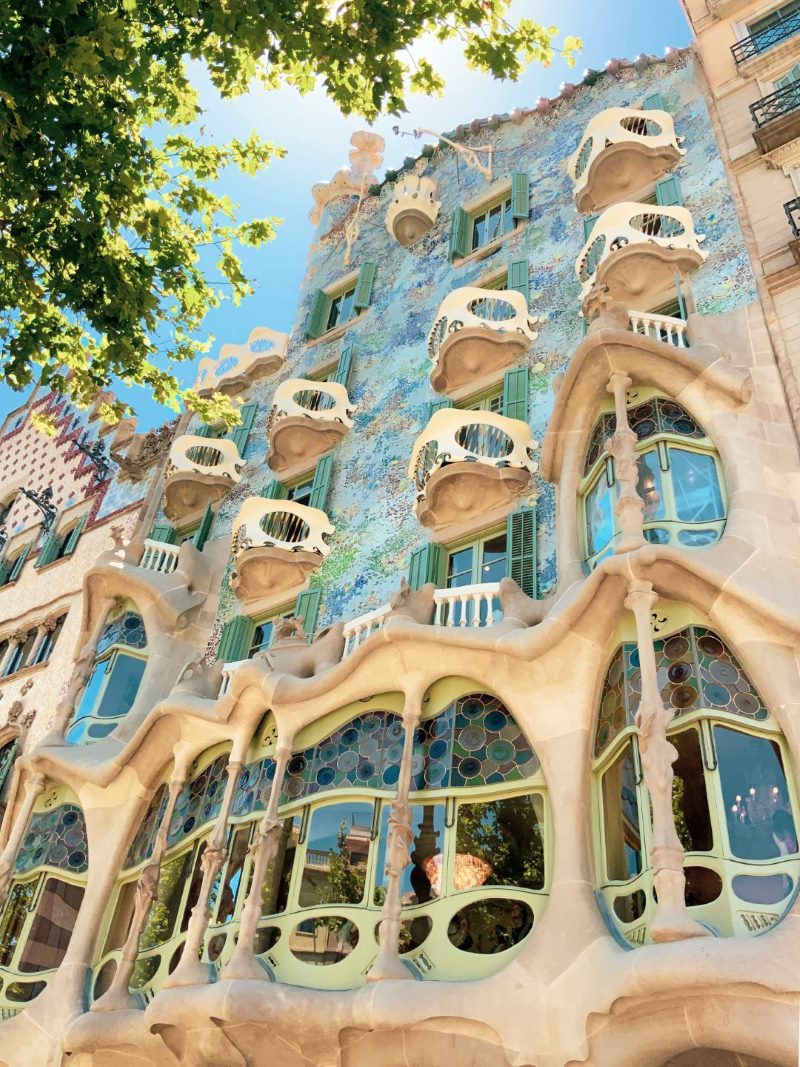Do People in Kumasi Speak English?
If you’re planning to visit the vibrant city of Kumasi, located in the Ashanti region of Ghana, you may be wondering if English is widely spoken. Although Ghana has over 80 languages, English is recognized as the official language and is widely spoken in Kumasi. However, it’s important to note that not everyone speaks English fluently, and there may be variations in accents and dialects.
The Role of English in Ghana
Ghana was colonized by the British in the 19th century, and as a result, English became the language of education, government, and commerce. English is taught in schools and is the primary language of instruction. As a result, many Ghanaians have a good command of English, and it is commonly used in formal settings.
English in Everyday Life in Kumasi
In Kumasi, you will find that English is used in many informal settings as well. Restaurants, shops, and hotels use English signage, menus, and service manuals. Most people in the tourism industry, such as tour guides and hotel staff, speak English fluently. Therefore, you will have no difficulty communicating with them.However, it’s important to note that English is not the first language of most locals. Most people in Kumasi speak the Akan language, which has several dialects. Therefore, you may encounter some challenges when speaking with locals who are not fluent in English. However, they will still try their best to communicate with you.
The Importance of Learning Basic Akan Phrases
Although English is widely spoken in Kumasi, learning basic Akan phrases can help you communicate better with the locals. It also shows respect to their culture and language. Here are some simple Akan phrases that you can learn:
- “Medaase” – thank you
- “Me pa wo kyew” – I like you
- “Eti sen?” – How are you?
- “Anaa me tumi fie?” – Can you take me home?
Conclusion
English is widely spoken in Kumasi, making it easy for visitors to communicate with locals. However, learning basic Akan phrases can enhance your communication with the locals and show respect to their culture. In summary, Kumasi is a fantastic destination, and language should not be a barrier to visiting this beautiful city.
An Insider’s Guide to Kumasi, Ghana
Kumasi is the cultural and historical capital of Ghana. Located in the Ashanti region of Ghana, Kumasi offers a unique blend of modernity and traditionalism. It’s a great destination for tourists who want to experience the rich culture and history of West Africa. Here’s an insider’s guide to Kumasi, including local attractions, dining spots, cultural experiences, local history, and off-the-beaten-path suggestions.
Attractions
Kumasi is home to many attractions that showcase the rich history and culture of Ghana. Some of the must-see attractions include:
– Manhyia Palace Museum: This museum used to be the residence of the Ashanti king and provides a glimpse into the history of the Ashanti kingdom.
– Kumasi Fort and Museum: Built by the British in the late 19th century, this fort was used as a military base during the Ashanti wars.
– Kejetia Market: Known as the largest market in West Africa, Kejetia Market offers an authentic Ghanaian shopping experience.
– National Cultural Centre: This center is a hub for traditional Ghanaian arts and crafts and also houses a theater that hosts cultural performances.
Dining
Kumasi offers a wide variety of dining options, ranging from traditional Ghanaian cuisine to international dishes. Here are some places to check out:
– Golden Bean Hotel: They offer a mix of Ghanaian and continental dishes with a beautiful scenic view of the city.
– Ike’s Cafe and Grill: Known for their juicy burgers and sandwiches, Ike’s Cafe and Grill serves great breakfast, lunch, and dinner.
– The Buka Restaurant: Known for its authentic African cuisine, particularly for their soup and stews; don’t leave Kumasi without tasting their dishes.
Cultural Experiences
Kumasi has a vibrant culture that is reflected in its festivals, music, art, and dance. Here are some cultural experiences to enjoy:
– Adae Festival: This festival is celebrated by the Ashanti people, it typically occurs every six weeks and includes a parade to the palace of the Ashanti king.
– Akwasidae Festival: This festival is celebrated on a Sunday and honors the ancestors of the Ashanti Kingdom.
– Ashanti Craft Villages: There are various craft villages surrounding Kumasi that provides unique opportunities to interact with artisans creating traditional products, including pottery, fabrics, beads, and carvings.
Local History
Kumasi has a rich history dating back to the Ashanti Kingdom and the colonial period. Here are some historical sites to visit:
– Prempeh II Jubilee Museum: This museum provides a glimpse into the history of the Ashanti Kingdom and showcases artifacts from the reign of King Prempeh II.
– Asante Traditional Buildings: The Ashanti kingdom has a unique architecture style that uses earth and other natural materials to create buildings.
Off-the-Beaten Path Suggestions
There are various off-the-beaten-path suggestions that tourists can consider to make their Kumasi experience memorable, including:
– Hike up the Obo Forest Reserve: This forest reserve offers beautiful scenery, waterfalls and a chance to spot rare butterfly species.
– Visit the Kumasi zoo and butterfly sanctuary: The Kumasi zoo and butterfly sanctuary has a collection of various animals and butterfly species to explore.
– Attend a Kumasi movie premiere: Kumasi has become a hub for the Ghanaian movie industry, often referred to as Kumawood. Visitors could plan to attend a premiere to truly immerse in the local culture.
In conclusion, Kumasi is a great destination for tourists seeking to experience the rich culture and history of West Africa. From cultural experiences to historical sites, Kumasi has something to offer every visitor.
Table of Contents

